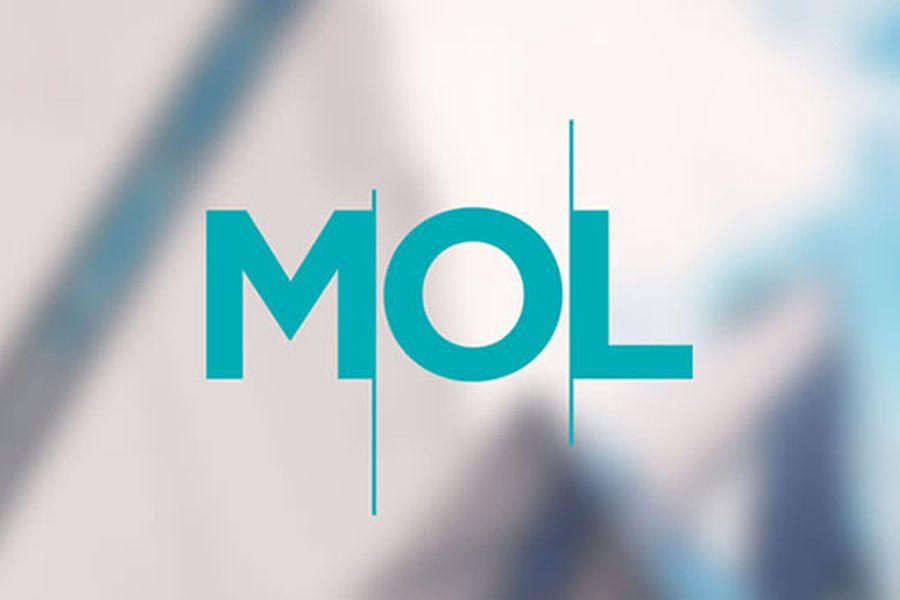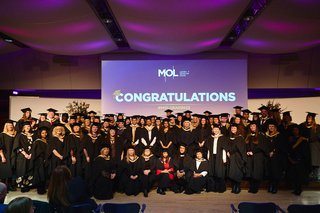Making learning relevant – MOL’s approach
Tue 04 Feb 2014
Blog Author
Emily Allen
Product Manager - HR & L&D
What is considered good practice within teaching and learning? MOL seek to demonstrate through our programmes many aspects of good practice, one of which is aligned to making the learning relevant. The programme in question is our successful ‘top-up’ masters programme, the MA in Strategic Human Resource Management and Development.
So, what does it mean to make learning relevant and how does this benchmark fit in with the ethos of our blended learning approach? Initially, it’s important to understand our learner audience: they are mature learners who are predominantly employed with a number of years’ experience gained from within the HR industry and who have also demonstrated the relevance of their learning having attained their professional HR qualifications.
The how? Learners review their skills from the outset via a research skills audit, a useful tool to establish the skills they require and to focus them onto key priorities and actions. We also utilise their work experiences in session activities and, most importantly, in the assessment requirements, where the principal assessment, an action research dissertation, requires learners to interrogate an issue or project at work to undertake as a major research project. Obviously, this is of value (relevance) individually as well as to the organisation.
In addition, there is an on-going formative process of reflection enabling learners to consider what they’re learning and how they’re applying it to their research project as they progress. It also forms part of the final summative assessment
So it follows that the approach to teaching and learning is highly student-centred, principally supporting the self-directed study element. Initially learners have face-to-face workshops, which are highly participative promoting the application of strategic theory through the development of critical reading, evaluation and reflection skills. These sessions are intensive and found to support early group formation and cohesion, which in turn promotes peer support. The latter is an essential support mechanism developed as learners progress through the remaining half of the programme - student-led workshops operated as Action Learning Sets - and are therefore, not taught elements as such.
Making learning relevant in isolation will promote good practice. However, for it to be most effective it needs to be supported by other interventions, for instance improving planning, learning enrichment, materials development, and ultimately, effective ways of sharing good practice within the teaching community. Learner feedback confirms MOL’s approach to making learning relevant is effective.

Learning & Development
Qualifications
We understand the L&D profession like no other training provider. That’s what makes our courses great.





